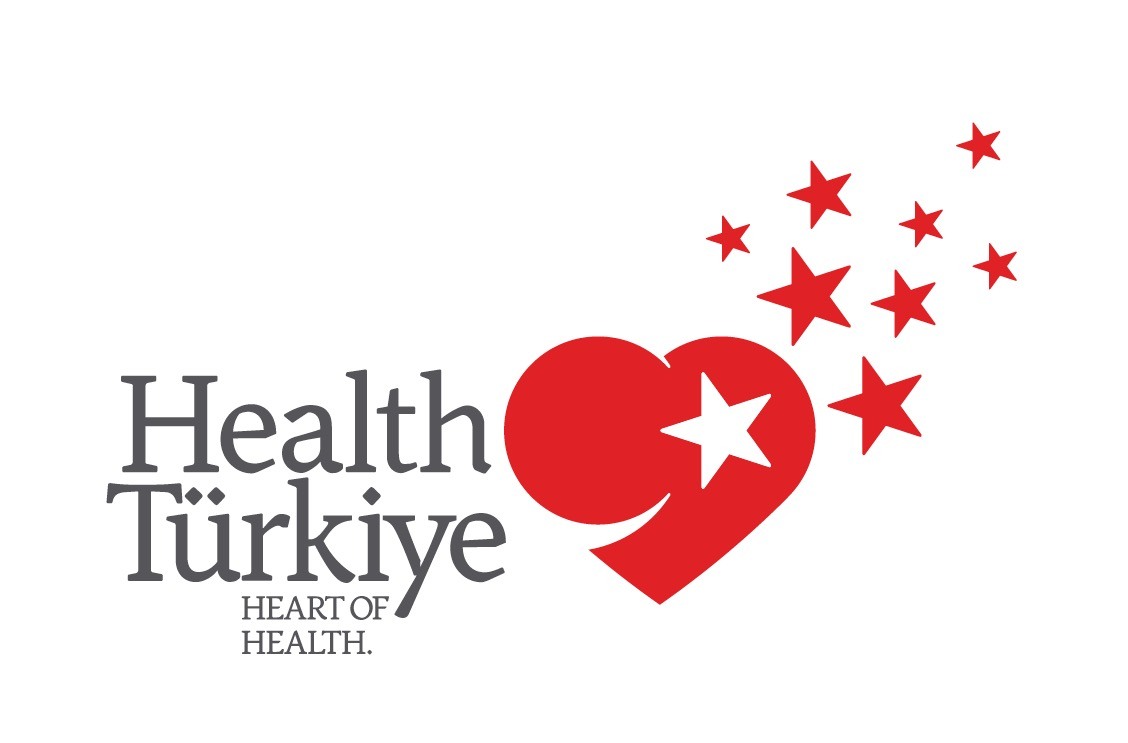Baby teeth, also known as milk teeth, play an essential role in a child’s development. Children typically have 20 baby teeth, which help them eat and speak properly until their permanent teeth come in. However, the process of baby teeth falling out can be a source of concern for parents. So, when should baby teeth fall out, and when should you be worried?
The Process of Baby Teeth Falling Out
Usually, children's baby teeth begin to fall out around the age of 6-7, and permanent teeth take their place. This process can vary from child to child. Some children may lose their baby teeth earlier, while for others, it may start a little later. On average, all baby teeth will have fallen out by the age of 12-13.
The loss of baby teeth is an important step in the development of a child’s mouth structure and allows permanent teeth to settle in properly. This process is a natural part of the body’s developmental cycle and is perfectly normal.
When Do Baby Teeth Fall Out?
The order in which baby teeth fall out generally follows this pattern:
Lower central incisors: 6-7 years
Upper central incisors: 7-8 years
Lateral incisors: 7-9 years
Canine teeth: 9-12 years
Molars: 10-12 years
When your child's baby teeth start to fall out within these age ranges, it’s part of normal development. However, if there are significant deviations from this timeline or unusual conditions, it’s important to monitor the situation closely.
When Should You Worry?
The process of baby teeth falling out is typically natural and usually doesn’t cause concern. However, you may need to consult a dentist in the following situations:
Baby Teeth Falling Out Too Early:
If your child’s baby teeth start falling out before the age of 5, it could indicate an issue with the teeth or jaw development. Early loss of baby teeth may result from problems with the underlying permanent tooth or surrounding bone structure. Additionally, early loss of baby teeth can disrupt the balance of the child’s mouth, leading to improper alignment of permanent teeth.Baby Teeth Falling Out Too Late:
Some children’s baby teeth may remain intact long after the normal timeline. If your child is past the age of 7-8 and has not lost any baby teeth, it may be time to visit the dentist. Prolonged retention of baby teeth can prevent the underlying permanent teeth from emerging properly, leading to dental misalignment.Misaligned Baby Tooth Loss:
If baby teeth do not fall out in the correct sequence or if permanent teeth are starting to emerge while baby teeth are still in place, this situation should be carefully monitored. When baby teeth don’t fall out on time, permanent teeth may not align properly, leading to orthodontic issues.Pain and Swelling:
The process of baby teeth falling out is generally painless. However, if your child experiences significant pain or unusual swelling in the gums during this period, it could be a sign of infection. In such cases, you should consult a dentist immediately.Crooked Permanent Teeth:
If you notice misalignment or irregularities in the permanent teeth coming in after the baby teeth fall out, it could be a sign of an orthodontic problem. Permanent teeth that do not emerge correctly may cause future issues with the jaw and tooth alignment.
How to Facilitate the Loss of Baby Teeth?
Parents play an important role in helping children through the process of losing baby teeth. Children can help their baby teeth fall out by gently wiggling them when they become loose. However, it’s essential not to force the tooth out too soon, as this can lead to gum bleeding or infection.
Additionally, during the tooth-losing phase, it’s important to maintain good oral hygiene. Brushing and flossing help keep the gums healthy and reduce the risk of infection.
Why Are Dental Check-Ups Important?
Regular dental check-ups during the baby teeth falling process are the best way to ensure the process is progressing healthily. Dentists can monitor your child’s dental development and detect any potential issues early, creating a treatment plan if necessary. They will also check whether the permanent teeth are emerging properly.
The Natural Process of Baby Teeth and Tips for Parents
The loss of baby teeth is a natural part of a child's development and usually does not require concern. However, certain situations may warrant a visit to the dentist. Ensuring baby teeth fall out on time and correctly is crucial for the healthy development of your child's teeth and jaw. If you have concerns about this process, be sure to consult a dentist for the right information and guidance.






